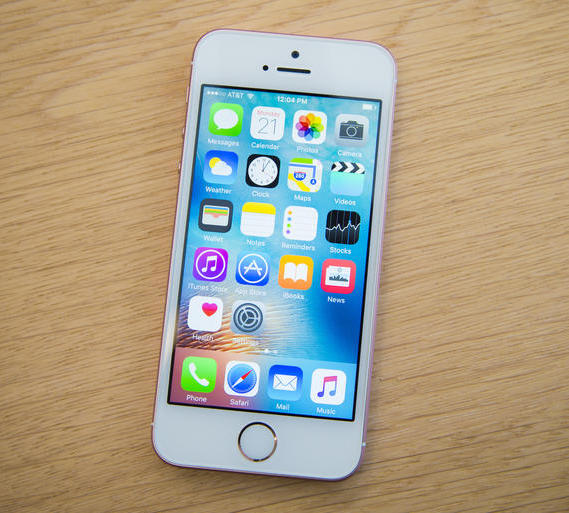FBI unlocks seized iPhone without Apple's help, ends legal case

Case closed -- at least for now.
The Justice Dept. confirmed Monday that it has dropped a legal case against Apple, demanding that the company help federal agents unlock an iPhone used by one of the San Bernardino shooters.

(Image: CNET/CBS Interactive)
The government announced last week that it was suspending its case against the iPhone and iPad maker after an "outside party" demonstrated a way to unlock the iPhone, used by Syed Farook, who along with his wife, Tashfeen Malik, killed 14 people in the southern Californian town in early December.
Judge Sheri Pym, who was presiding over the case, told the government to file a status report by April 5.
In the filing, posted Monday a week ahead of the deadline, the government confirmed that it "no longer requires the assistance" from Apple after it "successfully accessed the data on Farook's iPhone."
Investigators were able to unlock the phone "without compromising any information on the phone," said US Attorney Eileen Decker in an emailed statement.
But neither the FBI or the US Attorneys Office in Los Angeles would say how the iPhone was unlocked, or if Apple was told how it was done.
iPhones running iOS 8 and later that are protected by a passcode -- which includes Farook's iPhone -- are encrypted, and cannot be unlocked by Apple. The company introduced the encryption in response to the Edward Snowden disclosures so that even it has no way to unlock the device without the passcode.
Knowing this, the FBI demanded that Apple should effectively rewrite its iOS software to remove security features in order to allow federal agents to bypass the passcode on the shooter's phone which would "undeniably create a backdoor" that would affect every modern iPhone and iPad.
By invoking the All Writs Act, the government would set a "dangerous precedent," according to Apple chief executive Tim Cook.
There are, however, more than a dozen iPhones that the Justice Dept. is seeking access to under the All Writs Act, including in New York, suggesting that the government's legal efforts are far from over.
But now that the security of modern iPhones is fundamentally broken, some have questioned the ethical dilemma that the Justice Dept. faces: Should the government tell Apple how the FBI unlocked the iPhone?
Government officials said last week that they did not want to "speculate" on whether or not the FBI has found a previously undisclosed security flaw that would give agents access to the phone.
Others have said that the methods used in the case may be classified, and may not be shared with Apple.
Apple later said in a statement:
"From the beginning, we objected to the FBI's demand that Apple build a backdoor into the iPhone because we believed it was wrong and would set a dangerous precedent. As a result of the government's dismissal, neither of these occurred. This case should never have been brought. We will continue to help law enforcement with their investigations, as we have done all along, and we will continue to increase the security of our products as the threats and attacks on our data become more frequent and more sophisticated."
"Apple believes deeply that people in the United States and around the world deserve data protection, security and privacy. Sacrificing one for the other only puts people and countries at greater risk. This case raised issues which deserve a national conversation about our civil liberties, and our collective security and privacy. Apple remains committed to participating in that discussion."